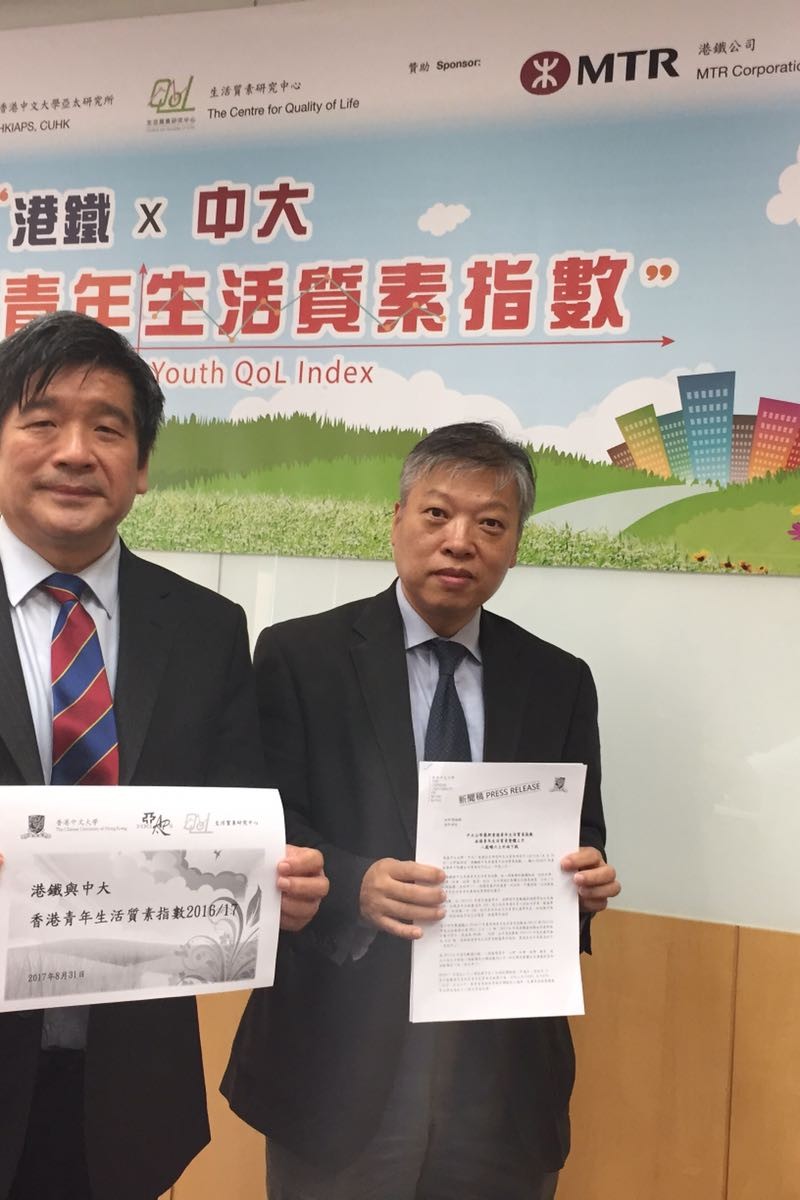
CUHK index says life satisfaction for Hong Kong youth has decreased despite improvement in the general quality of life
Published:
Listen to this article
A lack of exercise and a sense of disempowerment regarding their future and our city's politics play a part in the dissatisfaction
Young Wang |
Published:
Sign up for the YP Teachers Newsletter
Get updates for teachers sent directly to your inbox
By registering, you agree to our T&C and Privacy Policy
Sign up for YP Weekly
Get updates sent directly to your inbox
By registering, you agree to our T&C and Privacy Policy